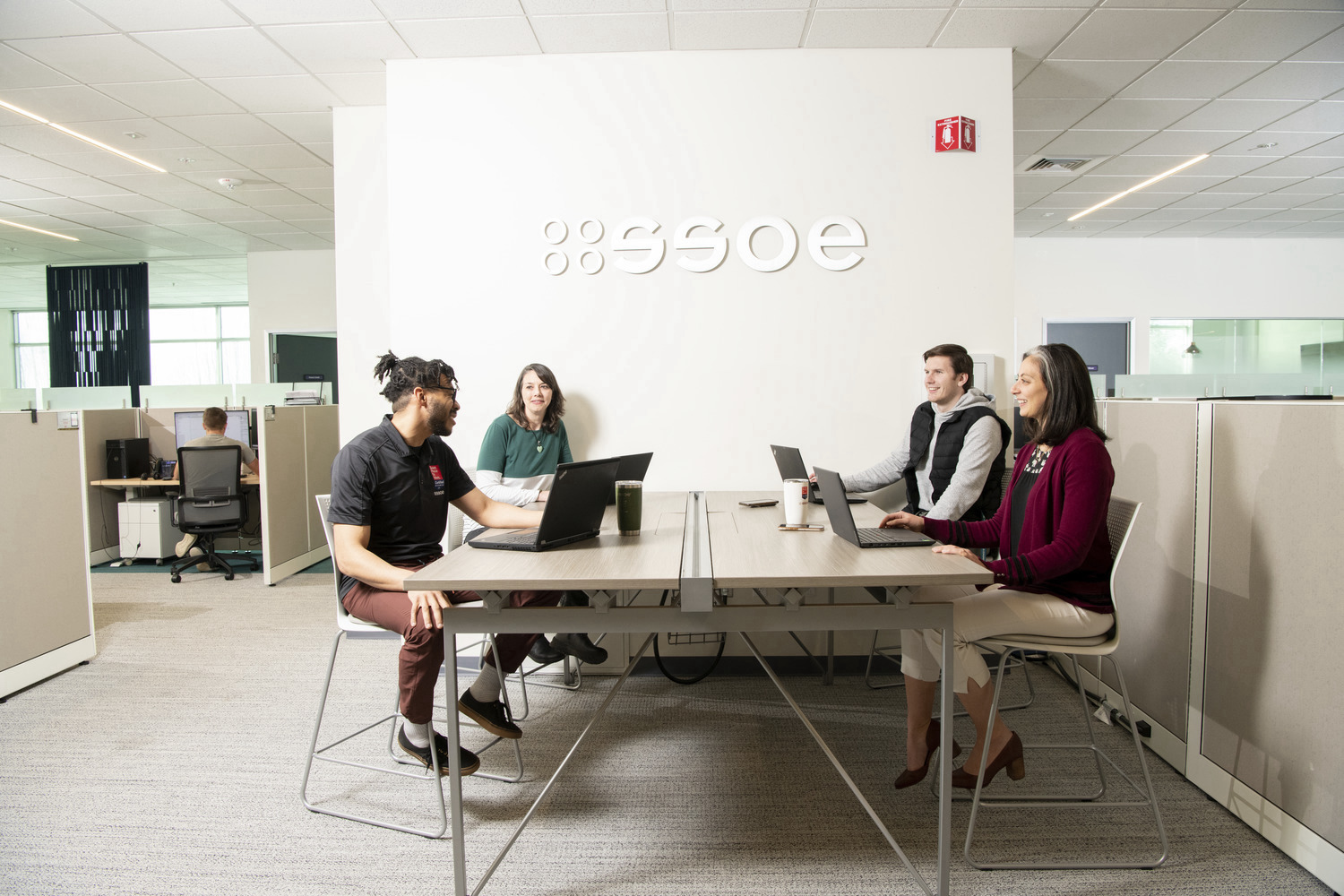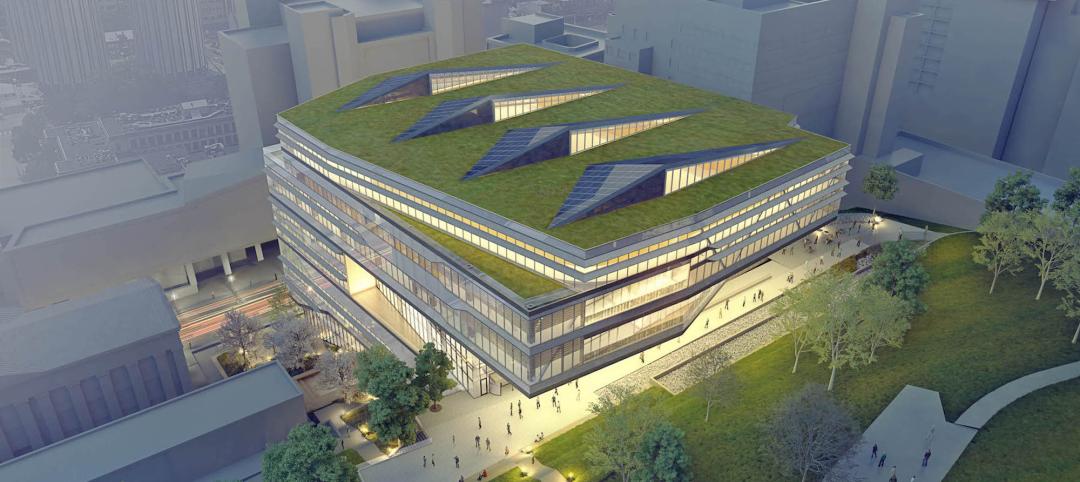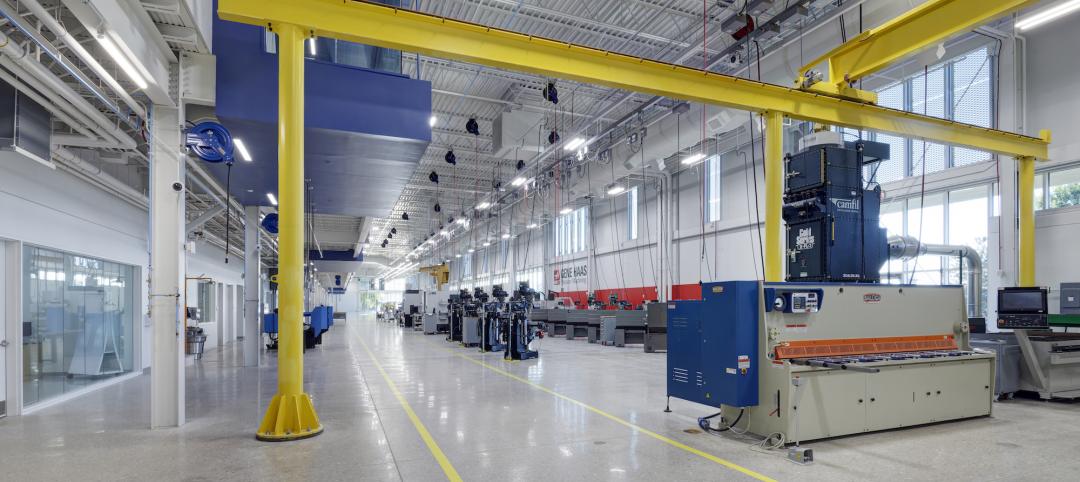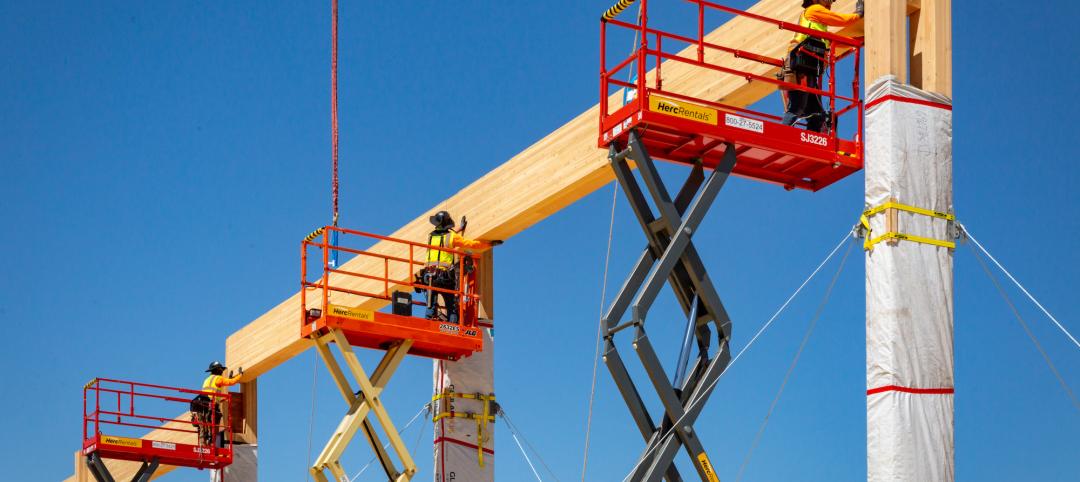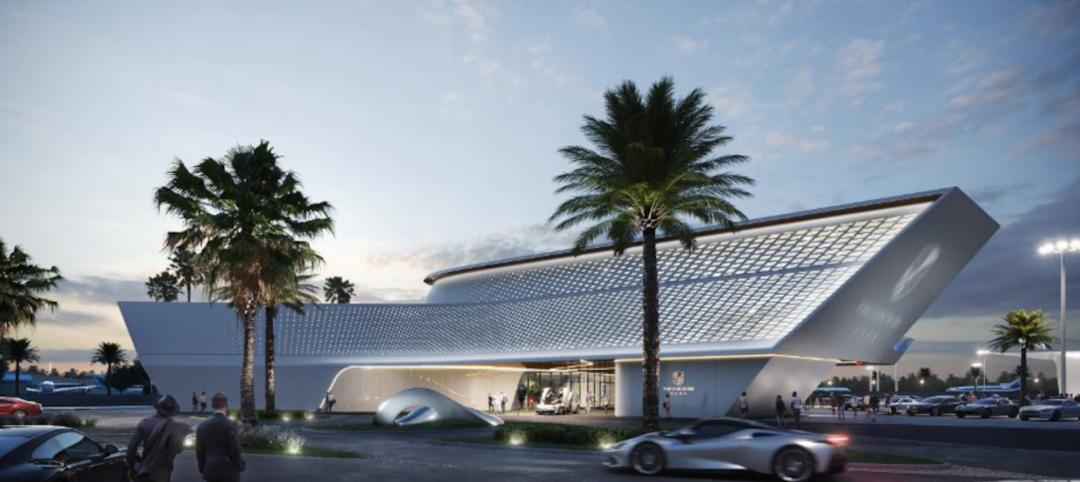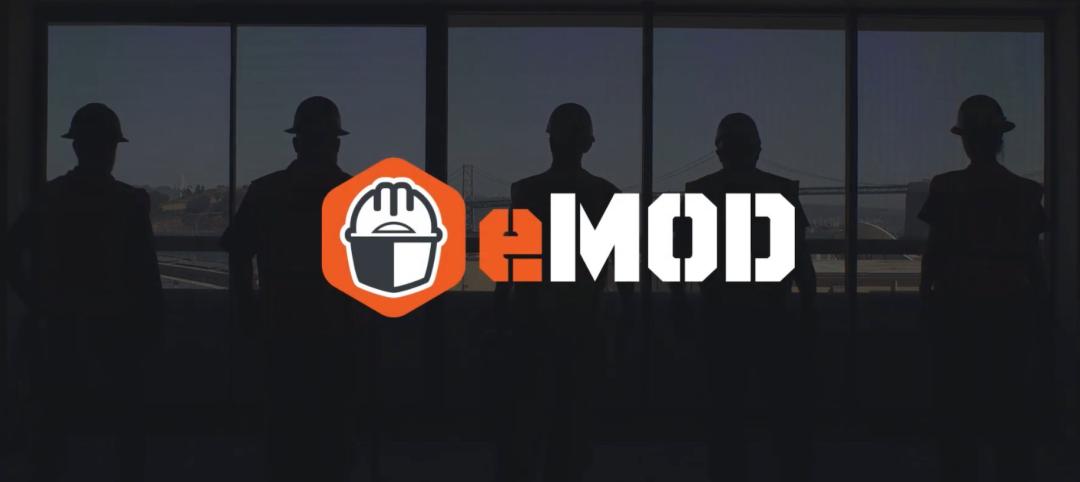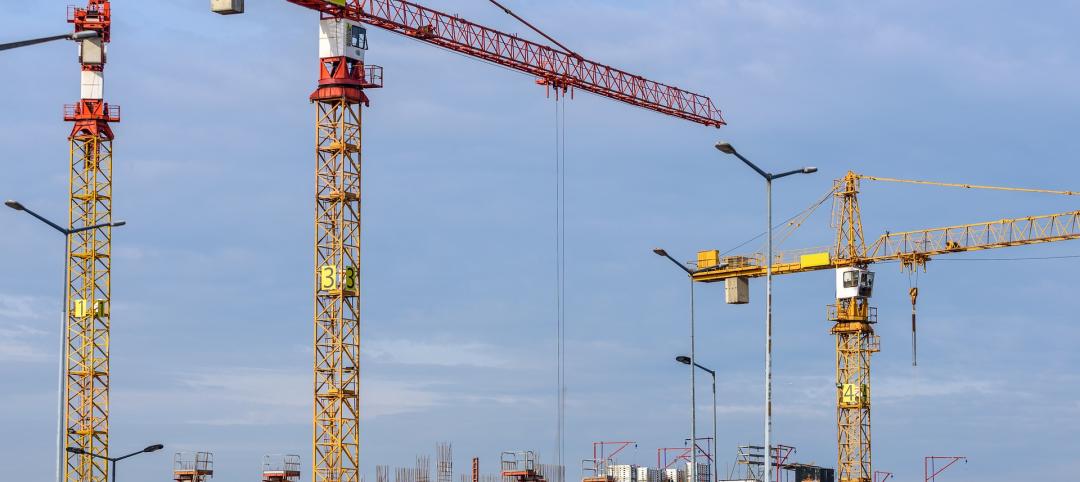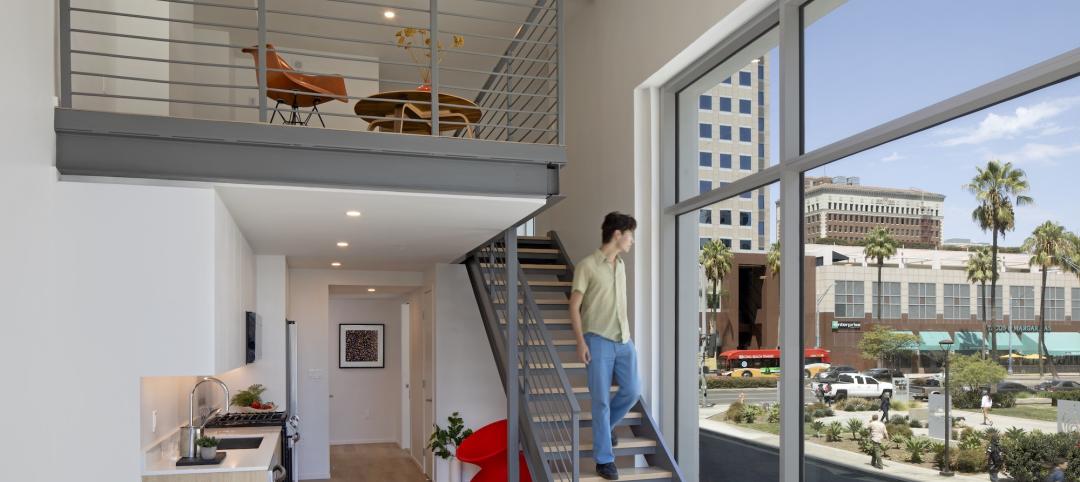In early 2022, the AE firm SSOE Group’s Board of Directors reiterated its commitment to Diversity, Equity, and Inclusion (DEI). Thus began a journey that found SSOE moving toward a more representative mix of diverse employees within its nearly 1,500-person workforce, on project teams and in corporate groups.
This mandate led to the formation of advocacy groups for underrepresented employees within the company, as well as changes in SSOE’s hiring practices and employee benefits. It has also placed SSOE in a better position to compete for projects from developers and organizations (especially in the public sector) that are seeking partners with well-defined DEI programs.
A growing number of AEC firms have been looking at themselves critically through DEI lenses that have brought into sharper relief shortcomings in their human resource policies and programs. These assessments are also being conducted at a time when a company’s DEI reputation can be a determinative factor in where skilled and educated employees choose to work.
SSOE Group can be seen as a case study for how AEC firms are adapting to employees’ shifting expectations of more-inclusive work cultures.
Top-down support for DEI efforts
Catherine Myers, PE, SSOE’s President, notes that prior to its latest actions, the firm didn’t have a specific DEI-focused group that was directly connected to the Board of Directors. That changed when, in March 2022, SSOE added a DEI committee to its Board, and hired its first Director of DEI, Candice Harrison, who had previously been external communications manager for the Toledo (Ohio) Public Schools.
To encourage team buy-in, SSOE held global DEI roundtable discussions in small groups. More than 15 percent of the company’s workers responded to questions that probed their understanding of DEI, why they thought improvements were important for the company, and what challenges in its execution might arise.
Outcomes from these sessions helped to establish DEI priorities such as enhancing diversity in the talent pipeline and setting metrics and management tools.
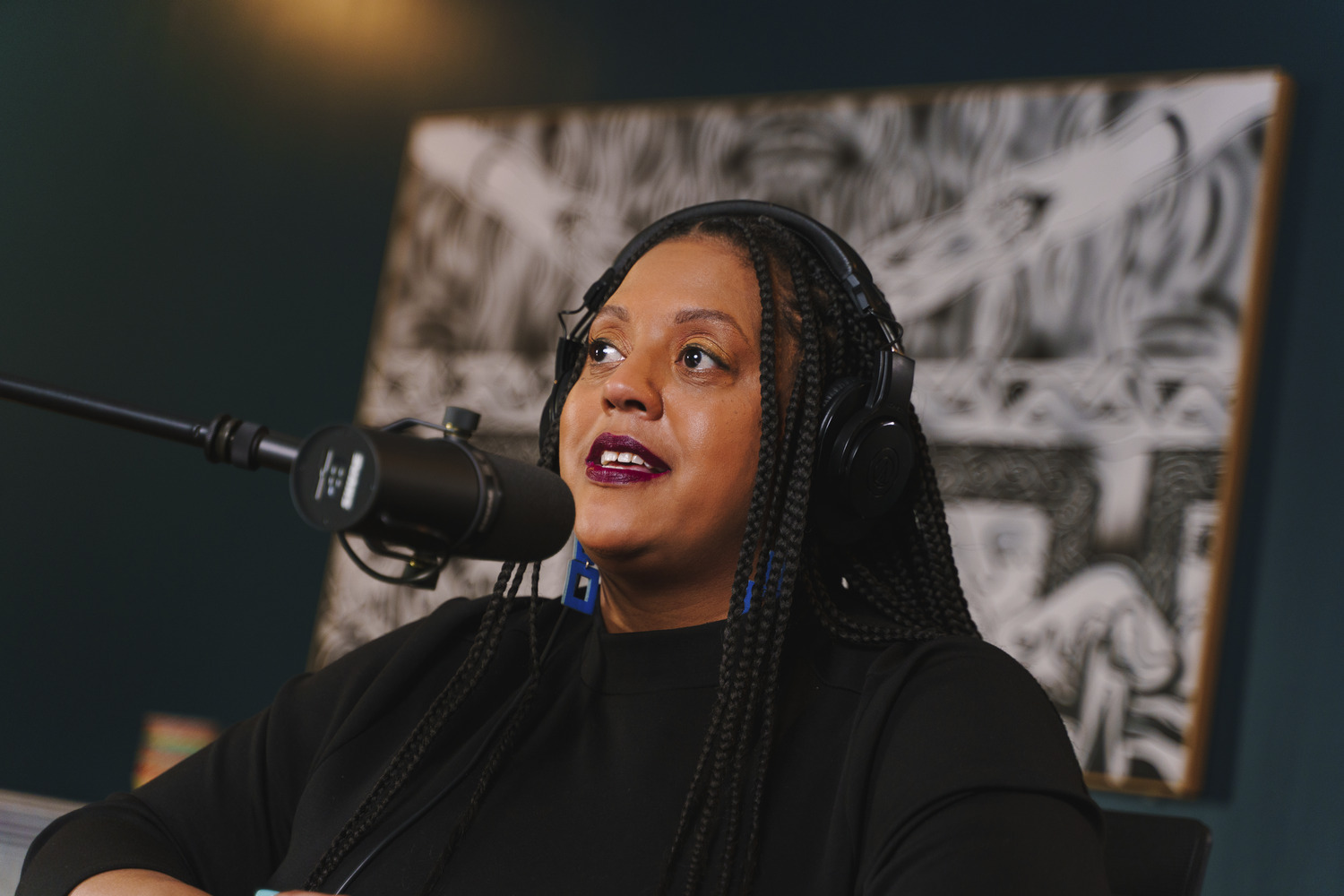
DEI groups give voice to different employees
After completing this company-wide assessment, SSOE Group formed internal Employee Resource Groups (ERG) to give greater voice to its underrepresented workers. One group, the Black Leaders and Collaborative Change Makers (BLACC), initially had 25 active members; the PRIDE group for LGBTQ+ individuals had 27 members; and there were 72 participants in the Women’s ERG. (At the time, SSOE had very few women in its engineering and architecture departments, particularly in leadership roles. And female technical employees created a subgroup because they had different needs regarding representation and support than the larger Women’s ERG.)
Participation in the ERGs was voluntary but strongly encouraged. Each group had at least one member of leadership as an executive sponsor who sometimes came from outside the respective underrepresented group.
Each ERG devised its own mission statement and charter, as well as a leadership/management hierarchy. Broad objectives were refined for specific actions that could range from recognizing holidays like Martin Luther King Day to revising time-off policies. Each ERG meets monthly, and in their first year, the groups were instrumental in strategic benefits planning and Lean Operating Strategy initiatives. The BLACC group assisted SSOE’s human resources department in recruitment events, and invited Dr. Melvin Garvey, the author of Dear White Friend, to speak about DEI.
SSOE has partnered with Historically Black Colleges and Universities such as Tennessee State, through which the firm conferred its first scholarship. The firm’s DEI program also partnered with the National Society of Black Engineers and the Society of Women Engineers. SSOE developed corporate metrics that impact the entire company related to DEI. Tracking those markets is tied to performance, which encourages corporate accountability.
The PRIDE ERG partnered with Hummingbird Humanity, a DEI consulting firm, to help the group elucidate the history of the gay pride movement and to dive deeper into gender identity.
DEI can provide a competitive edge
As part of its DEI journey, SSOE Group conducts virtual training sessions on diversity. The firm required attendance for employees to receive their bonuses. According to Harrison, the focus of SSOE’s diversity efforts has been to embed DEI into daily operations, “creating a space where our employees feel as though they can bring their whole selves to work and have a sense of belonging.”
As the cultivation of these values becomes more intensified, SSOE can distinguish itself with potential partners and incoming employees. “What we’ve developed is more focused on measurement,” said a company spokesperson.
Related Stories
University Buildings | Jan 30, 2023
How wellness is reshaping college recreation centers
Moody Nolan, a specialist in the design of college recreation centers, has participated in the evolution toward wellness on college campuses.
University Buildings | Jan 27, 2023
Ozarks Technical Community College's advanced manufacturing center is first-of-a-kind in region
The new Robert W. Plaster Center for Advanced Manufacturing at Ozarks Technical Community College in Springfield, Mo., is a first-of-a-kind educational asset in the region. The 125,000-sf facility will educate and train a new generation in high tech, clean manufacturing and fabrication.
Mass Timber | Jan 27, 2023
How to set up your next mass timber construction project for success
XL Construction co-founder Dave Beck shares important preconstruction steps for designing and building mass timber buildings.
Sports and Recreational Facilities | Jan 26, 2023
Miami’s motorsport ‘country club’ to build sleek events center
Designed by renowned Italian design firm Pininfarina and with Revuelta as architect, The Event Campus at The Concours Club will be the first and only motorsport-based event campus located within minutes of a major metro area.
K-12 Schools | Jan 25, 2023
As gun incidents grow, schools have beefed up security significantly in recent years
Recently released federal data shows that U.S. schools have significantly raised security measures in recent years. About two-thirds of public schools now control access to school grounds—not just the building—up from about half in the 2017-18 school year.
AEC Tech Innovation | Jan 24, 2023
ConTech investment weathered last year’s shaky economy
Investment in construction technology (ConTech) hit $5.38 billion last year (less than a 1% falloff compared to 2021) from 228 deals, according to CEMEX Ventures’ estimates. The firm announced its top 50 construction technology startups of 2023.
Sports and Recreational Facilities | Jan 24, 2023
Nashville boasts the largest soccer-specific stadium in the U.S. and Canada
At 30,105 seats and 530,000 sf, GEODIS Park, which opened in 2022, is the largest soccer-specific stadium in the U.S. and Canada. Created by design firms Populous and HASTINGS in collaboration with the Metro Nashville Sports Authority, GEODIS Park serves as the home of the Nashville Soccer Club as well as a venue for performances and events.
Concrete | Jan 24, 2023
Researchers investigate ancient Roman concrete to make durable, lower carbon mortar
Researchers have turned to an ancient Roman concrete recipe to develop more durable concrete that lasts for centuries and can potentially reduce the carbon impact of the built environment.
Architects | Jan 23, 2023
PSMJ report: The fed’s wrecking ball is hitting the private construction sector
Inflation may be starting to show some signs of cooling, but the Fed isn’t backing down anytime soon and the impact is becoming more noticeable in the architecture, engineering, and construction (A/E/C) space. The overall A/E/C outlook continues a downward trend and this is driven largely by the freefall happening in key private-sector markets.
Multifamily Housing | Jan 23, 2023
Long Beach, Calif., office tower converted to market rate multifamily housing
A project to convert an underperforming mid-century office tower in Long Beach, Calif., created badly needed market rate housing with a significantly lowered carbon footprint. The adaptive reuse project, composed of 203,177 sf including parking, created 106 apartment units out of a Class B office building that had been vacant for about 10 years.


